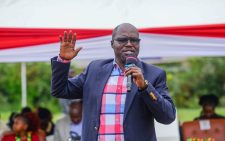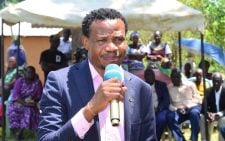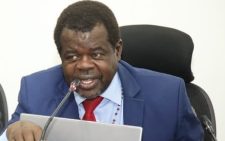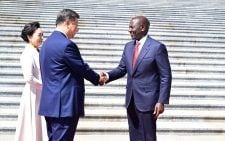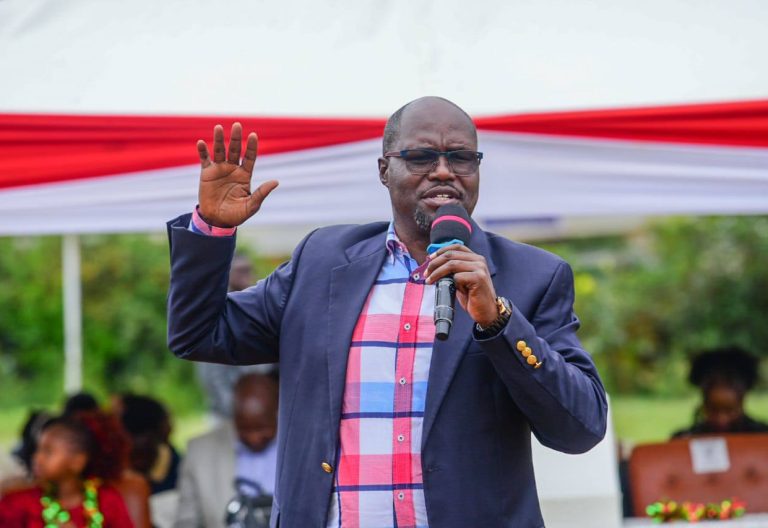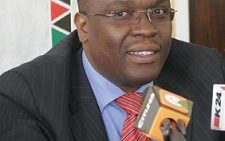Extra levies await parents as academic calendar kicks off
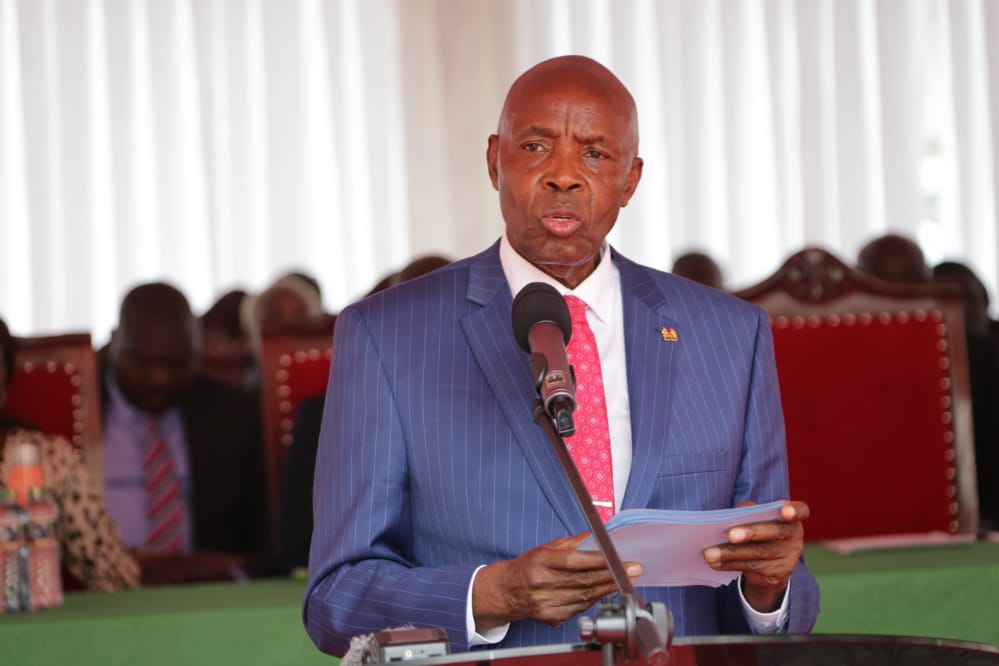
The 2023 academic calendar commences today after a two-month break amid tough warning from the government to schools against charging extra levies.
It also marks a significant step in Competency Based Curriculum (CBC) implementation, as the first group of this system will be joining Junior Secondary Schools (JSS).
Similarly, it will mark the end of 8-4-4 curriculum in primary schools and the now Standard Eight class will sit the final Kenya Certificate of Primary Education (KCPE) examination in November.
Education Cabinet Secretary, Ezekiel Machogu said that the country has now regained its school terms, which goes for about 13 weeks, after the rigorous timelines set to cover for lost time in the last two years, owing to Covid-19 pandemic.
“Thanks to God the Almighty, we have successfully regained our school terms. Undoubtedly, this recovery puts our education sector on a comfortable gradient upon which to deliver on the many reforms lined up under the Kenya Kwanza education charter,” the CS has said.
The Ministry has also said it will release the necessary resources for school capitation, with the CS also issuing fees guidelines for boarding students to which schools should adhere.
“I wish to state that public secondary school fees for the 2023 academic calendar year will not be changed and will remain at Sh53,554 while that of County and Extra-County Schools will remain at Sh40,555,” the CS directed.
He said the Government will maintain its capitation per student in all public secondary schools at Sh22,244.
Government top up
:Parents whose children are enrolled in uublic day secondary schools should not be charged any fees because the Government is catering for all the tuition costs amounting to Sh22,244. Parents should report incidents of any students turned away for not paying higher fees and other levies to the nearest education office for action. I also wish to challenge parents and guardians to take their obligations seriously by ensuring prompt payment of school fees in boarding schools,” said Machogu.
He also said that the Government will spend Sh9.6 billion on capitation grants to learners of JSS for Term One and Term Two, with each of them receiving an individual capitation of Sh15,000 per year.
In the next financial year, Machogu said the Government will spend Sh18 Billion for the JSS learners’ capitation grants. He said that out of Sh15,000 that will be released for each learner, Sh4,000 will be spent on development of infrastructure with the greatest priority being on laboratories.
According to Machogu, the Board of Management (BoM) of a primary school that domiciles the JSS will constitute a special sub-committee to spearhead the management of education and resources of the school.
The Head of the primary school that domiciles the Junior Secondary School will serve as Secretary while the Chairperson will be a member of the Committee.
Similarly, all private Junior Secondary Schools will establish and operationalise BoMs, Boards of Directors or Boards of Trustees, in accordance with Section 52 (a) of the Basic Education Act (2013).
“A public JSS will be headed by the head teachers of the public primary school that domiciles it during the interim period of the transition ending December 30,” explained Machogu.
He said the Ministry has re-engineered the National Education Management Information System (NEMIS) in readiness for enhancement management of education data.
Registration of learners in NEMIS will form the basis for disbursement of funds to public JSS.
Curriculum designs
The CS said that textbooks and hard copies of the Grade 7 Curriculum Designs will be made available for all schools and the Kenya National Examination Council (KNEC) will provide guidelines on the conduct of assessments at the JSS. The Ministry has also directed that infrastructure and resources of existing primary schools will be utilized by the respective domiciled JSS in the interim one year of transition and this applies to Special Needs JSS as well.
“The Ministry, through the Kenya Education Management Institute (KEMI), has developed a curriculum and training materials to build the capacity of education managers, (including JSS Management Boards and school heads on governance and accountability in the leadership of JSS. The curriculum will also apply during the induction of the school heads on institutional and instructional leadership,” the CS explained.
At the same time, Teachers Service Commission (TSC) has said it will provide guidelines on the teaching and administration of JSS.
TSC Secretary, Nancy Macharia said interviews for teachers shortlisted were concluded on Friday today paving the way for the posting of successful teachers.
“ It is our intention to have the new recruits join the payroll on January 30, the same day when JSS learners will report to their respective schools. I assure the country that this process has been conducted independently and professionally while complying with the values and principles of the Constitution,” Macharia said.
